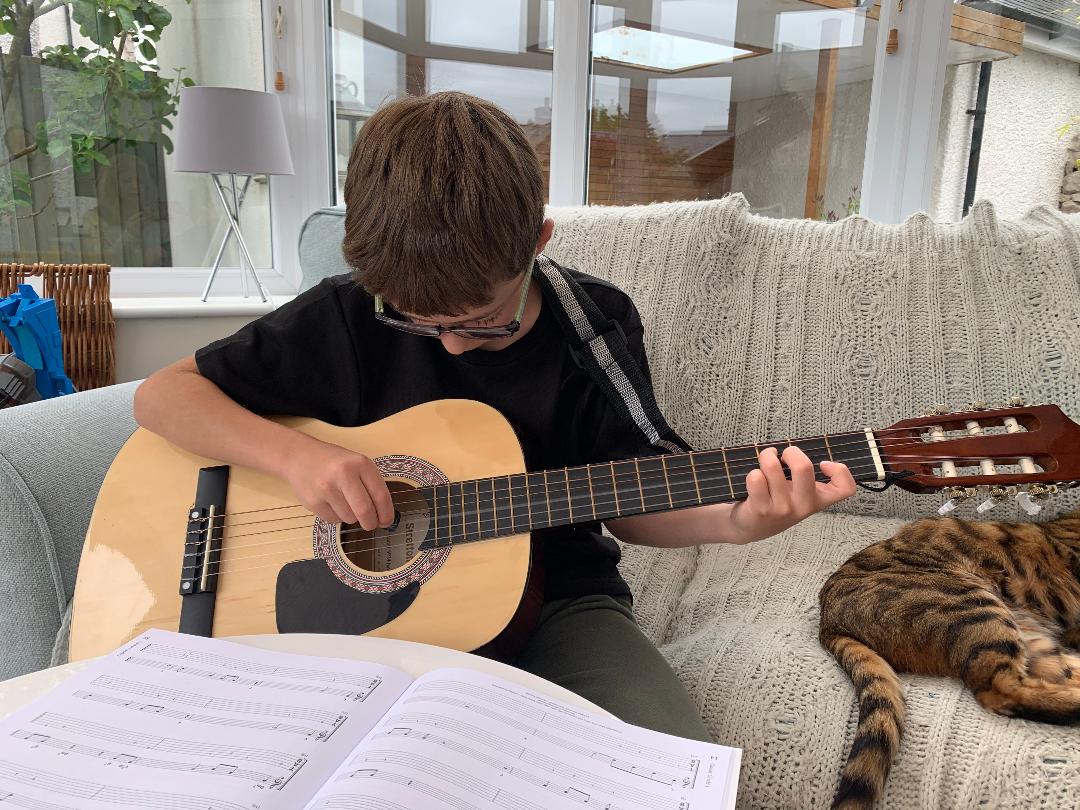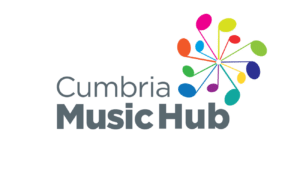
Supporting Parents
Cumbria Music Education Hub is a partnership of organisations, led by Music Service (CMS), who work together to inspire children and young people to develop a love of music through participation in musical experiences within and outside school
How can we help?
Lessons in School
Signing up for lessons is just the start. Whether your child has just started lessons at primary school or is adjusting to a new routine after moving to secondary school there are some simple things you can do to help.
- Every school should provide a first experience of playing an instrument through the First Access teaching programme. Ask your school what they offer.
- See if your school is having an online Musical Instrument Demo from Music Service. These are a great way for children to see different instruments live.
- Ask your school if there is an opportunity to try the different instruments on offer. Visiting teachers are often happy to do ‘taster sessons’.
- If your school doesn't offer these opportunities get in touch with Cumbria Music Hub using the contact form below
- At the start of term you’ll find out what day the lesson takes place
- In the first week most teachers will send home letters about hiring or buying instruments. Ask your child if they have been given anything – just in case they forget.
- Communication with the teacher is important and most students will be given a notebook. Teachers use this to write notes for practice and to pass on messages to parents – and hope that parents will also use it to record home practice as well as any comments or questions. You can help your child by looking at this every week
- Help your child get their instrument and music ready to take to school on the lesson day
- Now and then you’ll be asked to buy things like music books and instrument accessories. These extras are very important so your child can get the most out of their lessons
- Playing at home is the most important part of learning an instrument. Try to get a routine going as soon as possible and follow the links below for some more tips
- Encourage your child to join a music group. Many schools have their own band, and Cumbria Music Hub organises out of school opportunities to play with other young musicians
- Secondary schools offer lots of new opportunities for young musicians to join choirs, bands, orchestras and groups. These are a great way to meet people and make new friends as well as improve musical skills. Encourage your child to get involved
- Find out what day the lesson is and make sure instruments, music and notebooks are ready
- Most students will have a timetable for their instrumental lesson, with a different time each week so they don’t miss the same school lessons. This can be quite confusing at first so give plenty of help and support
- Find out the teachers preferred way of communicating – send a notebook to lessons and don’t be afraid to ask for an email address or phone number if you have questions
- Remember to find time for practice as well as homework
Practice Tips
The only way to become a good musician is to play regularly. But by following a few simple tips you can get more out of your practice time and reach your goals more quickly.
Plan: set a regular time so that practice becomes part of your daily routine. Think through what you have to do before you start to play and set yourself some targets.
Read: your teacher will write down targets, advice and comments each week, so take time to look at your practice book.
- Think: Good practice involves your mind, your body, your emotions, and the music. Your parent or teacher may be able to make you spend time playing the notes, but only YOU can focus your mind.
Manage your time: Start with a warm-up. Break your pieces up into small sections and work on the challenging parts before you play all the way through. Don't just play something once – repeat it even when you've got it right. Leave time to review things you've already learned and enjoy playing.
- Be Patient: You might not see an improvement in every practice. It's normal for progress to seem a bit of a roller coaster of ups and downs at times. But regular practice always gets you closer to your next breakthrough.
Music Mark Get Playing
Whether you sing, play an instrument, create or enjoy listening to music, evidence shows that engaging with music from a young age has many benefits.
Music is great fun, but did you know it can also support wellbeing and develop teamwork skills? Find out about some of the benefits of music from Music Mark's Get Playing.
